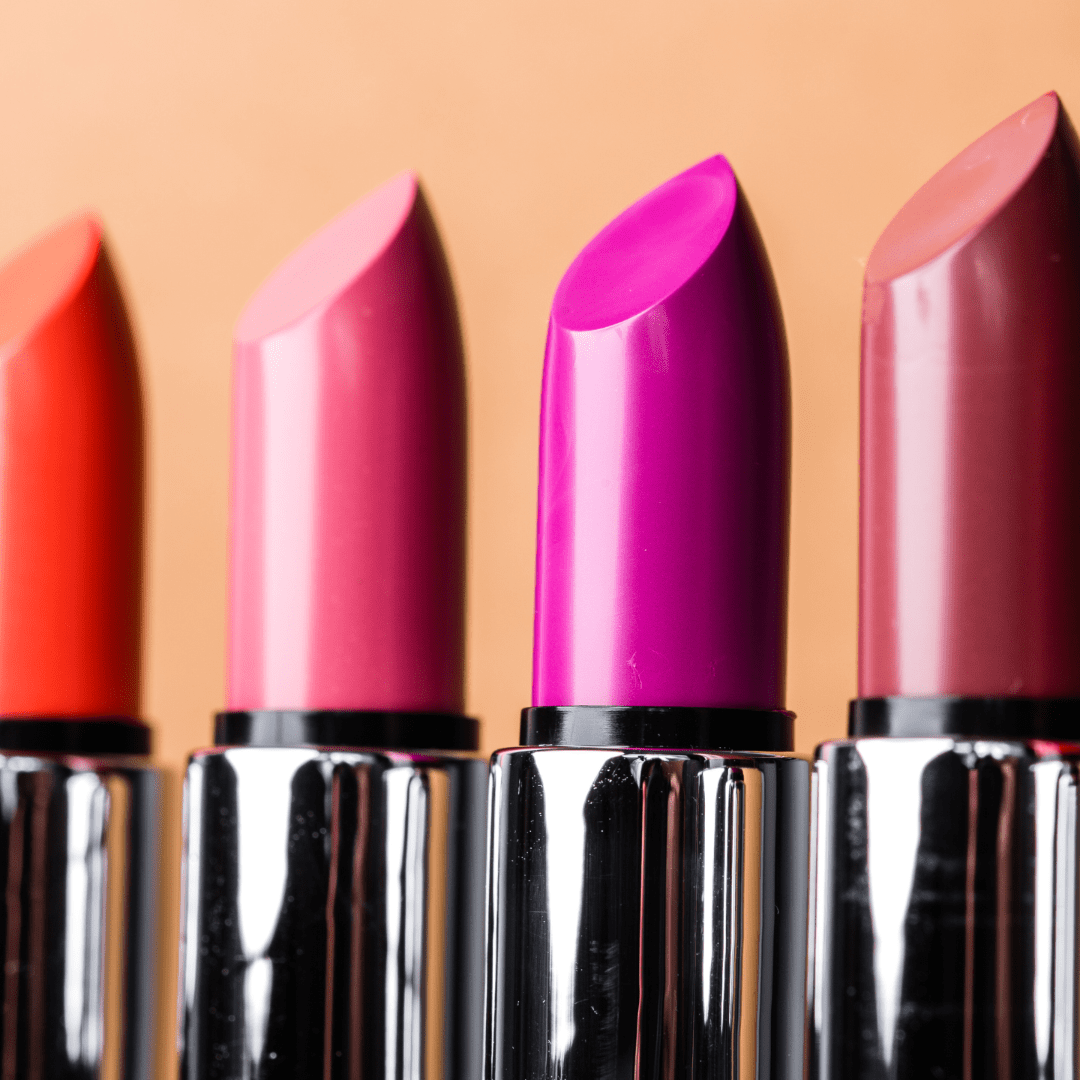The word “professional” has been on my mind a lot lately. In my early
career, “professional” meant a set of standards that covered everything
from one’s appearance to the sound of their voice.
Over the years, however, I have come to see how without examination this word can cause harm. Professional according to whom? Who created the standards, and what biases exist within them?
The human brain is programmed for bias. For example, if we see a person whose arms are covered with tattoos applying for a corporate leadership position, the brain might fill in assumptions about the person that have nothing to do with their ability to lead.
Recently, I’ve observed a pattern that illustrates how the constraints of the word “professional” cause added strain and stress. That strain, even in small doses, adds up to some having to use more energy to achieve the same results as others.
A few weeks ago I had a Zoom meeting with a client I had only worked with a few times. My morning was rushed and I didn’t have time to put on makeup. I worried about how I would appear on video. Would I look professional to this team that didn’t know me well?
Then I realized that the company had a strong focus on inclusion and belonging as key business drivers. I didn’t have to worry about my makeup; they hired me for my skills. I ended up sharing this realization with them and they were delighted to see their values in action.
After this incident I kept notes every time I heard women say something about how they looked on Zoom. One absolutely incredible leader in particular was about to record some of her wisdom for a video, but she’d had a busy morning and lamented having no makeup on.
I wondered, if women didn’t have to worry about this, where would that brain space go? How would we use that energy? Maybe we could jot down some ideas, or just breathe! Or we could put on makeup if that is what we enjoy. But what would it be like if the lipstick were a genuine choice instead of a hidden expectation?
Many people face harmful issues in the form of racial bias, accent, and other elements of themselves that do not automatically conform to their society’s standards of professionalism.
So what do we do? More broadly, we must dismantle the inequitable systems at the root of these biases, but here’s a step you can take right away: Be explicit about belonging.
If you hear women worried about makeup, let them know they don’t have to wear it or worry about it! If you hear someone worried about their accent, let them know that everyone has an accent and that theirs is a valuable part of who they are. Better yet, let people know up front what your organization’s values are around inclusion and how those look in different settings. Take those pressures away before they even become a problem.
Here is my statement to my clients and colleagues: Show up as you are. Your authenticity is welcome and cherished.





